David Koyzis is one of the premiere evangelical political scientists in North America and the author of the very significant book, Political Visions & Illusions: A Survey and Christian Critique of Contemporary Ideologies, 2nd ed. For that reason, and without knowing ahead of time his answers to questions 3, 4, and 5, I asked him to answer these questions about Christian political witness and the 2020 election cycle. Here is the transcript of our interview, which does not at every point coincide with my own views.
1. What are the issues facing voters in the United States’ upcoming national elections?
This year in particular we find ourselves in a protracted crisis unlike anything we have experienced in our generation. The COVID-19 pandemic tops the list, along with the months-long quarantines we have endured since late last winter. This is something for which there is no real political solution, although the handling of the pandemic certainly places a burden on our governments. How shall we handle it? How strict a quarantine should we impose? How do we protect the most vulnerable, especially the aged and infirm?
Next on the agenda is the chronic racial issue, which has often been in the background but burst to the forefront this spring with the killing of George Floyd in Minneapolis. Since then we have seen protests and even riots in the streets of America’s cities unprecedented since the long hot summers of the 1960s. How can we calm tensions? How should we reform local policing efforts to heal divisions between law enforcement and the communities they ought to be serving? How do we handle such movements as Antifa and Black Lives Matter?
But two broader issues need to be addressed, and these have not been adequately treated in the press. First, the two major political parties are broken. The smooth functioning of the constitution depends on healthy political parties. If one or both fail to represent the people adequately or to put capable people in office, this will have a negative impact on the whole political framework. Prior to half a century ago, presidential candidates were chosen in the proverbial smoke-filled rooms, where party officials thoroughly vetted prospective candidates for their basic competence and ability to lead. But after 1968 the candidate-selection process was excessively democratized, which has had the effect of elevating napoleonic figures ostensibly beholden to “The People,” but less accountable to ordinary political officeholders capable of keeping them in line. Democracy is a good form of government, but too much democracy can ruin a polity.
This brings us to the second issue, namely, the erosion of America’s constitutional tradition. Ideally, citizens should support the welfare of shared political institutions over partisan preferences. In a sharply divided polity, people become so wedded to their ideological networks that they appear willing to sacrifice these institutions to see their own cause prevail. John Adams once said that America was blessed with “a government of laws and not of men,” meaning that its constitution was based on the rule of law and not on the shifting whims of particular leaders. My fear is that we are moving away from this towards a politics of personalities—something facilitated and magnified by the media.
2. In your landmark book, Political Visions & Illusions, you argue that modern political ideologies are inherently idolatrous. What do you mean by that?
What I mean is that the various ideological visions striving for influence in the public realm are rooted in distorted understandings of the world. For example, liberals properly value individual freedom and have long been at the forefront of efforts to protect this. But they err insofar as they place the individual at the very center of their concerns, often at the expense of healthy communities of all shapes and sizes. The liberal vision makes the individual a god which everything else is made to serve. This sows confusion about the nature of, say, marriage, family, the gathered church institution, and even the state itself. All of these are reduced to mere voluntary associations rather than basic institutions necessary for human flourishing.
By using the term “idolatry,” I don’t mean simply to point fingers. Every one of us is caught up in the idolatries of our times. Our ultimate allegiance is to the God who revealed himself uniquely in Jesus Christ, and we need always to look into our own hearts to see whether we have effectively set up rivals to this allegiance.
3. From your perspective, which idolatrous ideologies plague the Democratic party?
Well, for the Democrats it’s a form of late liberalism that elevates individual autonomy to godlike status. They have embraced what I have called the “choice-enhancement state,” in which government expands to secure a variety of options for the freely choosing individual, whose desires and subjective sense of personal identity trump a variety of communal standards, including those of gathered church communities. This approach was nicely summed up in a notorious passage from the Supreme Court’s decision in Planned Parenthood vs. Casey (1992): “At the heart of liberty is the right to define one’s own concept of existence, of meaning, of the universe, and of the mystery of human life.” Ironically, this translates into a reluctance to recognize full religious liberty, which Democrats have increasingly narrowed to a mere freedom of worship. Why? Because virtually every traditional religion holds that we cannot define our own concept of existence and that we cannot live as if we could. And indeed they are right. For those in the grip of this radical notion of autonomy, anything contradicting this seems oppressive and is thus treated with suspicion.
4. From your perspective, which idolatrous ideologies plague the Republican party?
At the moment it’s an uneasy combination of liberalism and nationalism. As for liberalism, it’s an older form that champions the right of individuals to seek their own economic good as they prefer to define it, free from the interference of government. Republicans champion the “night watchman state” or possibly a mild form of the “regulatory state,” two successive stages in the development of liberalism. The problem is that turning the clock back to an earlier stage of liberalism will not put an end to the ideology’s overall direction. As Patrick Deneen had correctly seen, both varieties of liberalism eventually lead to an unhealthy statism, in which the state intrudes into the spheres of nonstate communities in ways that it ought not.
As for nationalism, we see this in the economic protectionist policies pursued by the current administration and in efforts to curtail immigration. Ironically this goes against the traditional liberal emphasis on the free market and free trade. So the Republican Party’s liberalism and nationalism are in tension with each other. Two competing idols is what we see there, and they’re not getting along at all well.
5. What advice would you give Christians in America as they go to the polls?
To those Americans who believe that voting for one party over the other will solve the nation’s problems, I would advise them to lower their expectations. It simply won’t happen. Whichever party wins in November will bring its own considerable flaws to the policy process. However, I suspect that many more Americans recognize that the election presents them with weak options. Their expectations are now so low that they will vote for the party they believe will do less harm to the common welfare. Still others will cast their vote for a third party, such as the American Solidarity Party, which is trying to bring something of the wisdom of the European Christian Democratic experience into the American political landscape. This third option is one I personally find very attractive.
My advice? Cast your vote. Hold your nose if you must. And pray that, whichever candidate makes it to the White House, God will magnify his strengths and diminish the effects of his failings.
David Koyzis is a Global Scholar with Global Scholars Canada. He is the author of Political Visions and Illusions and We Answer to Another: Authority, Office, and the Image of God.
Subscribe
Never miss a post! Have all new posts delivered straight to your inbox.

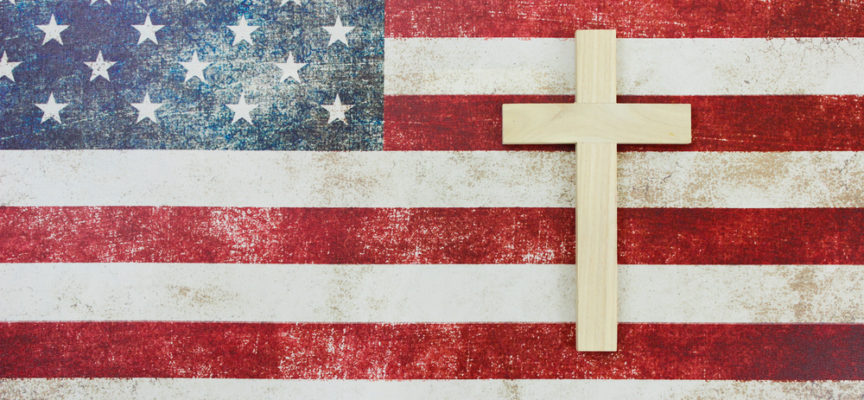
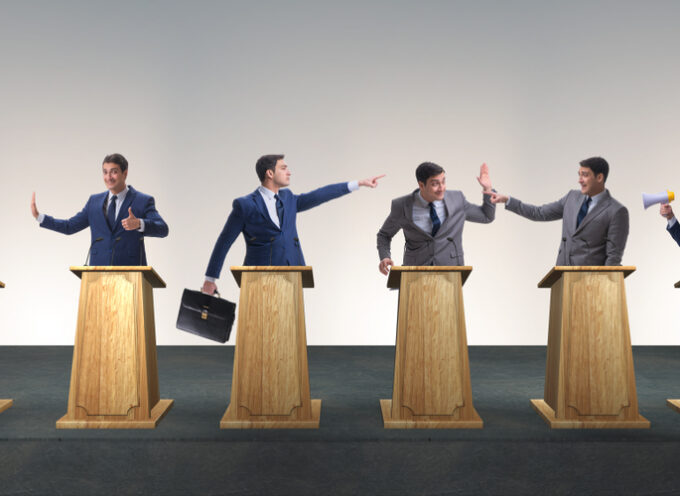
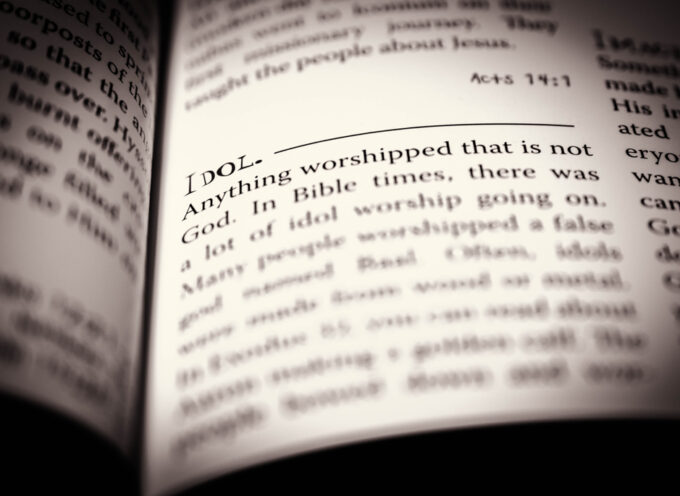
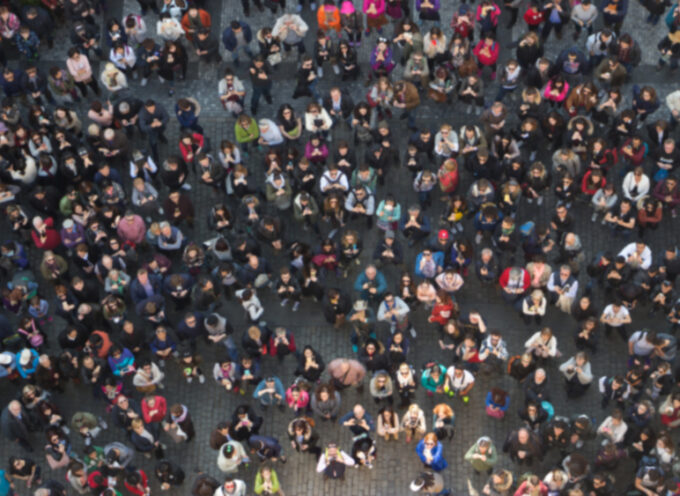

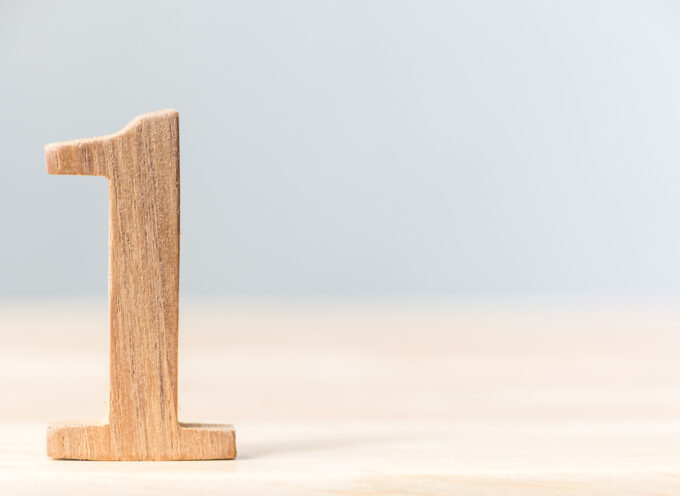

Many thanks for publishing this interview, Bruce. Your comments months ago introduced me to David Koyzis’ valuable book Political Visions and Illusions. Most of us lack an adequate understanding of the prevailing political philosophies and their weaknesses.
We seem to have a lot more “heat” than “light” these days in the media and in most of our political discussions. I find Koyzis’ comments in this interview to be enlightening and I plan to forward this interview to friends and family.
Thank you for your article. I agree with most points, but also have a major quibble.
The current administration is seeking to curtail illegal immigration, not immigration per se. No law-abiding person who entered the US in accord with US immigration law is being harassed. Our First Lady herself is an immigrant, as is our Secretary of Transportation. Further, as a Canadian, you should appreciate that your country has tougher immigration laws than mine–and they’ve been touted as a model by organizations such as FAIR, which are for further restrictions even on legal immigration.
As for the cages on the border, they’re a carry over from the previous administration, which deported more people than any other since Eisenhower. Further, that they hold “children” is due to two factors: (1) US law defines as a “child” anyone under 18, and (2) one of the things for which immigration and consular officers in any respectable country is taught to look out for is potential human trafficking. What is a Border Patrol agent supposed to do when a “family” that is stopped had “children” who seem to know nothing at all about the supposed “parent”? We actually do have an issue with trafficked children in the USA.
Finally, earlier in this administration, the Trump administration was face with a concerted effort to overwhelm our immigration system with organized caravans of illegal migrants made up mostly of males in their teens and twenties (although there were some women and children). I myself am shocked that the organizers were not arrested and given stiff punishment for deliberate, large-scale human trafficking. By their own narrative, the USA is an irredeemably racist country where the migrants admittedly would be condemned to the bottom of the social heap. Why didn’t the organizers, then, if they are so humane, put the migrants on boats and send them to Cuba, which the conscience of the world touts as a most humane society with the best medical care and educational system on the planet?
Unhappily, in my country, the word “immigrant” is too often conflated with “undocumented alien”. This is a fault of both the Left and Right. The fact of the matter is that an “immigrant” is someone who moves in from another country, including those who play by the rules to rejoin family or contribute a rare skill to the USA, or seek to flee a repressive government and are found to have a legitimate fear of persecution. To quoteConfucius’ Book of Rites, 苛政猛於種類主義之白種人也.